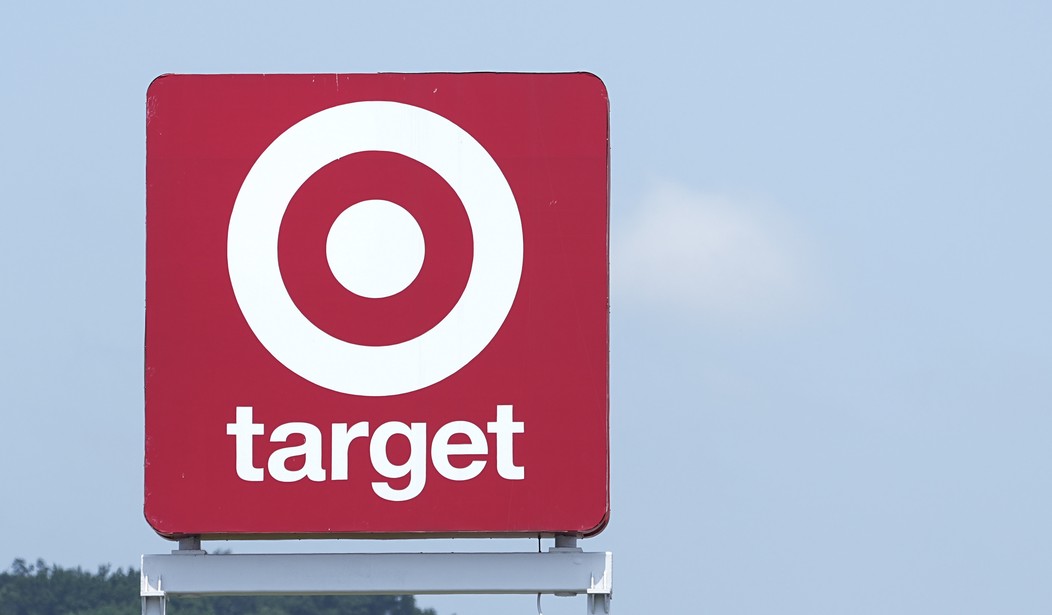Karen just wrote about the continued shut down of CVS stores across the country. As she explained, those closures of up to 900 stores seem to be connected to a general downturn in business stemming from the pandemic. At least that’s what they are saying. But this afternoon word is out that Target will also be closing nine stores in areas hard hit by retail theft. The company is specifically citing theft as the reason for the closures.
Target is closing nine stores in major cities across four states, claiming theft and organized retail crime have made the environment unsafe for staff and customers – and unsustainable for business…
“We cannot continue operating these stores because theft and organized retail crime are threatening the safety of our team and guests, and contributing to unsustainable business performance,” Target said in a statement. “We know that our stores serve an important role in their communities, but we can only be successful if the working and shopping environment is safe for all.”…
The stores Target plans to close will shut their doors on October 21. The stores include the East Harlem location in New York City, two locations in Seattle, three locations in Portland, and three locations in San Francisco and Oakland…
“Target, Kroger and Costco are the best in the country when it comes to investments in store security. So when Target calls out crime and says it’s closing stores because of it, it’s a blow to the community,” said Burt Flickinger, retail expert and managing director of retail consultancy Strategic Resource Group.
CNN Business cites “skeptics” who say Target hasn’t proved retail theft is the reason the stores are closing. But it’s not a coincidence that Target is closing stores in the same areas where retail theft is thriving, i.e. San Francisco, Oakland, Portland, Seattle and New York City.
Just today the National Retail Federation released the results of its latest survey showing theft was indeed up last year compared to 2021:
“Retailers are seeing unprecedented levels of theft coupled with rampant crime in their stores, and the situation is only becoming more dire,” David Johnston, NRF’s vice president for asset protection and retail operations, said in a statement.
The annual survey by the trade group collected insights from 177 retail brands across 28 different retail sectors — including apparel, jewelry, grocery, and department stores — and accounted for more than 97,000 retail locations and $1.6 trillion in annual retail sales.
Shrink — a measurement of lost inventory — for total retail sales in 2022 reached $112.1 billion, up from $93.9 billion in losses in 2021, according to the survey.
It’s worth noting that when retail sales go up, as they did in 2022, shrink also tends to rise. The average shrink rate in the 2022 fiscal year was 1.6%, up from 1.4% the year before. The latest figure is in line with shrink rates from 2019 and 2020.
So if shrink was the same percentage in 2022 as it was in 2019, why are retailers complaining? Because managers and workers are seeing more violence associated with it now than previously:
Although the rate of shrink remains similar to what it was in 2019 and 2020, some retailers are saying they find theft a greater cause for concern. This year, two-thirds of respondents said they were seeing even more violence and aggression from those participating in organized retail crime.
In May, Michael Fiddelke, Target’s chief financial officer, said that if the shrink trend continued, the retail chain would lose $500 million in profit. The company has also been spending more on security, including using third-party guard services.
Some unions that represent retail workers have said store workers have faced more instances of unruly customers and various acts of crime, including assaults, on the job since the start of the pandemic.
What goes unspoken in all of these stories is that there is opposition to what these retailers (not just Target) are saying for a couple of reasons that seem transparently political. First, it plays into an ongoing argument on the right that there is a safety and livability problem in blue cities, especially those on the west coast. Progressives who inhabit these cities would rather discount that than admit it. Second, we are in the midst of a presidential campaign in which the Democrat is trying to run on “Bidenomics.” Obviously closing stores and tales of retail theft don’t jibe well with that argument.
Ultimately, the truth is what it is and I think there’s more than enough evidence from Portland, Seattle, Oakland and especially San Francisco that retail theft is a real problem and not a convenient invention.








Join the conversation as a VIP Member